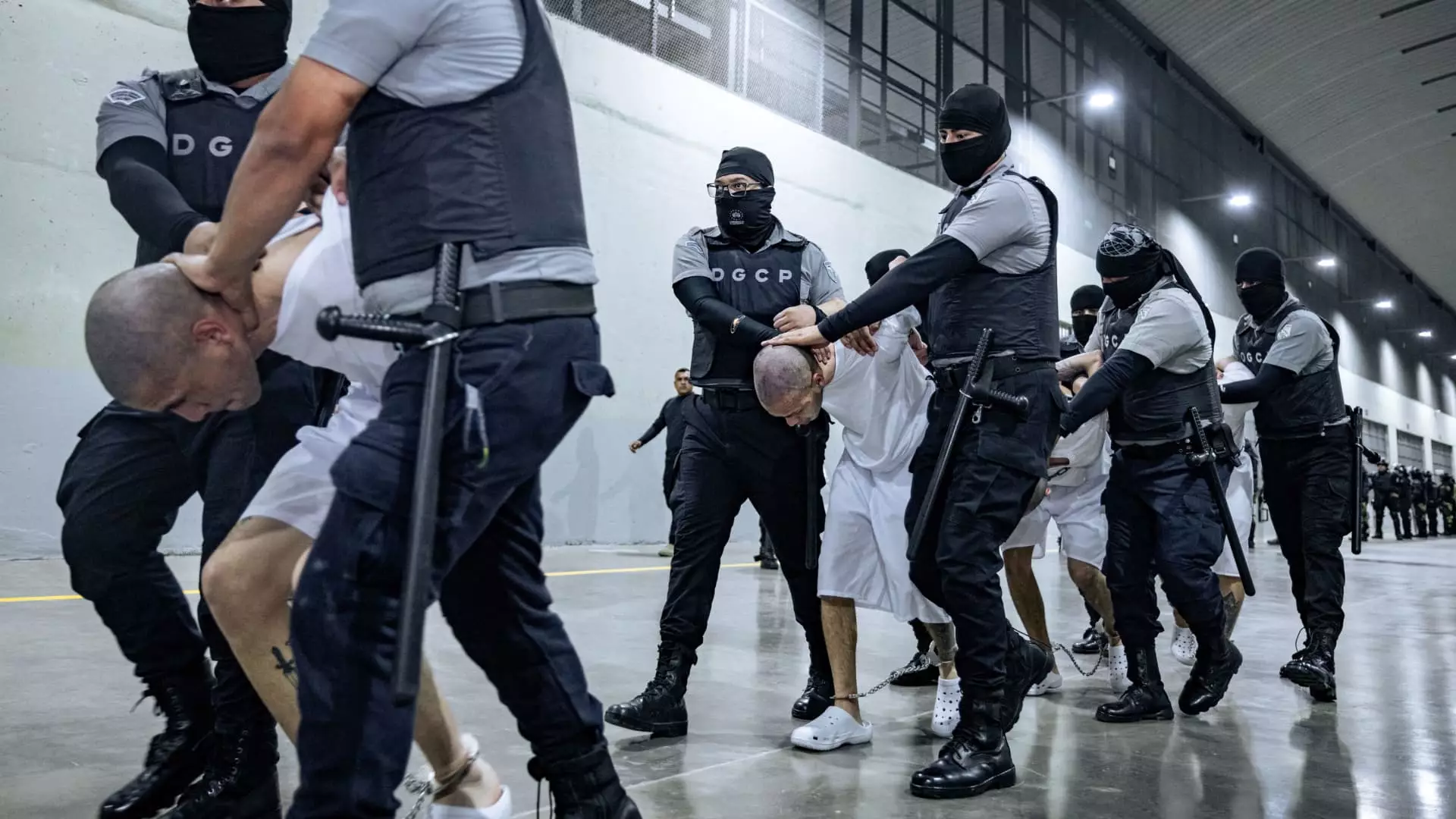In a world where justice is supposed to prevail, the case of Kilmar Abrego Garcia exposes a harrowing flaw within the United States immigration system. The Supreme Court’s recent decision to uphold the lower court’s order demanding the Trump administration “facilitate” the return of Abrego Garcia speaks to the pressing need for reforms that protect human rights and rectify egregious mistakes. Forcibly deporting a man to a country where he faces further imprisonment, especially when his removal was deemed illegal, is an affront to the very principles of justice we claim to uphold.
Abrego Garcia, a Maryland resident for a decade, was deported to El Salvador erroneously, following an “administrative error” by the Justice Department. While acknowledging this mistake, the government had the audacity to also label him as a member of the notorious MS-13 gang, which they have branded as a foreign terrorist organization, despite the stark absence of any criminal charges against him in the U.S. This contradiction highlights a shocking inconsistency in how individuals are treated within the immigration system. How can we profess to uphold justice when the definitions of guilt are so nebulously applied?
The Grave Implications of Policy and Persona
What is particularly alarming about this case is not just Abrego Garcia’s wrongful deportation, but the underlying policies that have fostered such grave injustices. The Trump administration’s actions—and this particular case—expose how political agendas can lead to drastic human consequences. By opposing his return while simultaneously acknowledging their error, the administration muddied the waters of justice, prioritizing its image over accountability. This trend must be challenged. Justice should be blind to politics; unfortunately, that has not been the case here.
Additionally, the Supreme Court’s directive to the Maryland district court to clarify the term “effectuate” raises critical questions about the balance of power between the judiciary and the executive branch. While it is important to respect the Executive’s authority in foreign affairs, the interests of individuals like Abrego Garcia must not be overshadowed by bureaucratic ambiguity. It is critical that the courts maintain their role as protectors of justice, especially when vulnerable individuals are at risk.
Championing Rights in the Face of Bureaucratic Failure
The ruling, while a positive step towards rectifying an injustice, is also a stark reminder of the fragility of one’s rights in the face of systemic failures. The tension between immigration enforcement and human rights hangs in a precarious balance, where a mere misstep can lead to devastating consequences for individuals and families. The case calls into question not only the specific policies operating under the Trump administration but also the broader implications for the treatment of immigrants in the United States.
In order to foster an equitable system, we must demand clarity and compassion in how immigration laws are enacted and enforced. The idea that any individual can be wrongfully deported, regardless of past allegations, should ignite a sense of urgency among all advocates of justice and human dignity. The voice of the people must rise against the faceless machinery of state that allows such nightmares to unfold, crying out for reform that prioritizes humanity over politics.


Leave a Reply